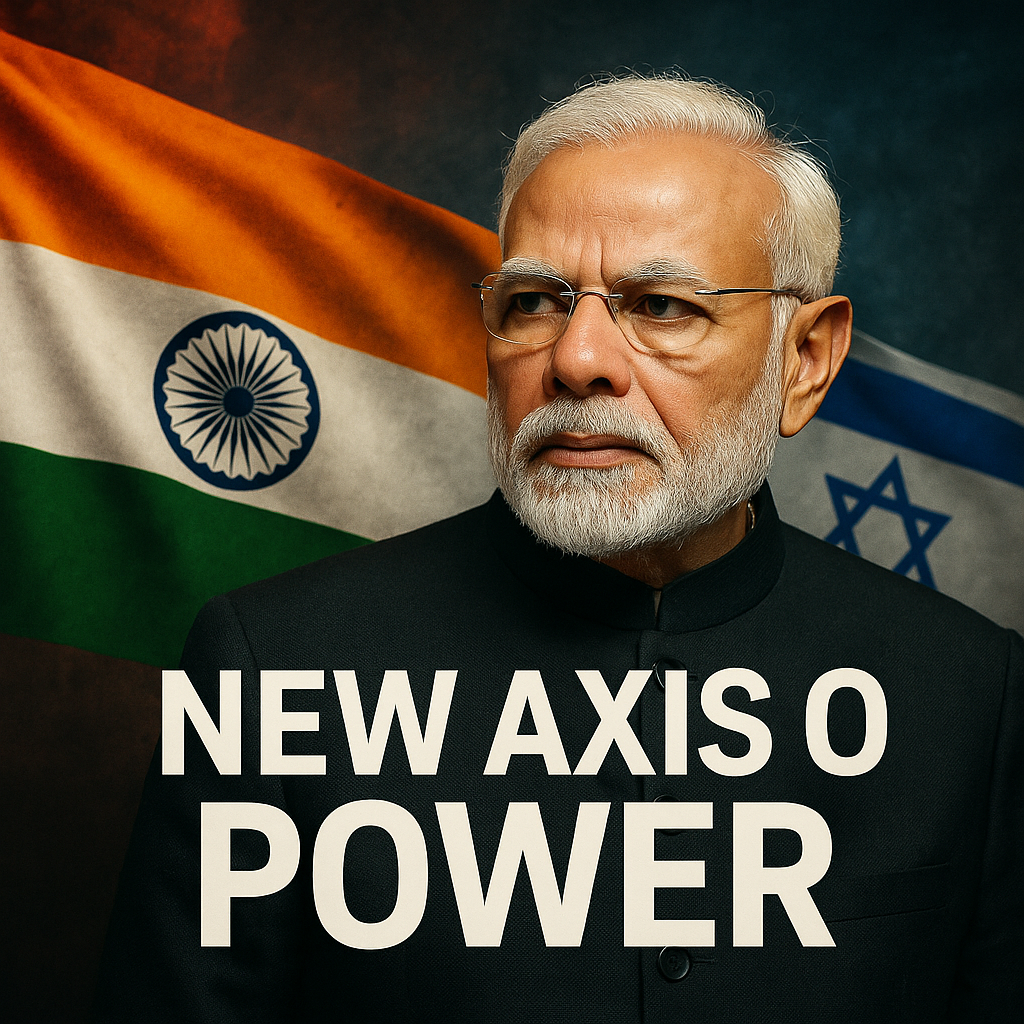In a region already walking on eggshells, the recent rise in tensions between India and Pakistan appears less like an accidental spark and more like a calculated strike.
With no long-standing military escalation or declared intentions of war from either side in recent years, the sudden spike in hostilities demands a deeper look.
Could this be an orchestrated international move to keep Pakistan entangled in conflict, just when the world, especially the Muslim world, needs unity more than ever?
Pakistan has consistently maintained a stance of restraint, steering clear of unnecessary involvement in international conflicts, particularly in the Middle East. However, the recent pattern suggests that Pakistan is being dragged onto multiple fronts with India—an effort that may be designed to divert its attention and energy.
It seems like someone is trying to keep Pakistan fighting fires on its borders, so it cannot act as a unifying force among Muslim nations, who themselves are caught between the devil and the deep blue sea with internal conflicts and external pressures.
This division is no coincidence. A house divided against itself cannot stand, and what better way to disarm a community than by creating internal chaos and keeping its key players distracted?
The Pahalgam attack stands as a glaring example of this manipulated narrative. Despite the fact that the Resistance Front has publicly retracted its claim of responsibility, and despite the logistical improbability of such an operation in one of the most heavily militarized zones in the region—where access is restricted and largely on foot—the Indian establishment has chosen to shift the entire burden of blame onto Pakistan.
This finger-pointing, without concrete evidence or serious investigation into internal security lapses or local facilitators, raises serious doubts about the intent behind such accusations. It seems that the Indian forces have turned a blind eye to possible internal links, preferring to cast Pakistan as the convenient villain.
Adding fuel to the fire is India’s long-standing and controversial approach towards Kashmir. Since the revocation of Article 370 in August 2019, Kashmiris have been left between a rock and a hard place.
Denied their constitutional rights, their land, and political autonomy, they continue a struggle rooted not in cross-border manipulation, but in a historical and legitimate demand for self-determination. India’s unilateral move has created a deliberate unrest in the region, undermining the values and rights of the Kashmiri people.
On the Indian front, these confrontations also serve a useful political purpose. For Prime Minister Narendra Modi, whose government has been under fire for growing unemployment, rising inflation, and increasing societal polarization, these external tensions come as a timely distraction.
In times of crisis, waving the flag of nationalism can be a powerful tool, and Modi seems to be killing two birds with one stone—diverting attention from internal failures while bolstering his image as a strongman leader.
In conclusion, the current India-Pakistan confrontations are not merely bilateral flashpoints but signs of a broader geopolitical agenda.
They reflect both internal political diversions and international schemes to fragment Muslim unity and engagement. It’s high time that the world sees through the smoke and mirrors and understands who’s really pulling the strings behind these tensions.
📍 English Language Educator | Blogger & Content Strategist | 7+ Years in Educational Blogging
Nosheen Bashir is a dedicated English teacher and experienced blogger with over seven years of expertise in content creation and educational writing. Passionate about language, literature, and effective communication, she combines her teaching experience with blogging skills to create insightful, research-backed content that helps learners and educators alike.
🔹 Expertise & Achievements:
✔ English Language Education: A skilled educator with years of experience in teaching English grammar, literature, and communication skills to students of varying levels.
✔ Educational Blogging: Running a successful blog for 7+ years, delivering well-structured, engaging content on language learning, writing techniques, and academic success.
✔ SEO & Content Strategy: Specializes in creating high-ranking, authoritative articles that follow Google’s EEAT principles, ensuring content that is both informative and search-friendly.
✔ Student-Centric Approach: Committed to making English easier, engaging, and accessible, helping readers and students improve their language proficiency.
🚀 With a passion for teaching and writing, Nosheen Bashir is dedicated to crafting educational content that empowers students, teachers, and language enthusiasts worldwide.









